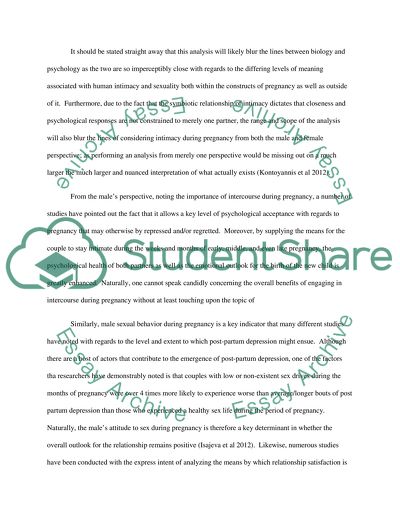Cite this document
(“Male sexual behavior during wife's pregnancy Essay - 1”, n.d.)
Retrieved from https://studentshare.org/psychology/1611887-male-sexual-behavior-during-wifes-pregnancy
Retrieved from https://studentshare.org/psychology/1611887-male-sexual-behavior-during-wifes-pregnancy
(Male Sexual Behavior During wife'S Pregnancy Essay - 1)
https://studentshare.org/psychology/1611887-male-sexual-behavior-during-wifes-pregnancy.
https://studentshare.org/psychology/1611887-male-sexual-behavior-during-wifes-pregnancy.
“Male Sexual Behavior During wife'S Pregnancy Essay - 1”, n.d. https://studentshare.org/psychology/1611887-male-sexual-behavior-during-wifes-pregnancy.


